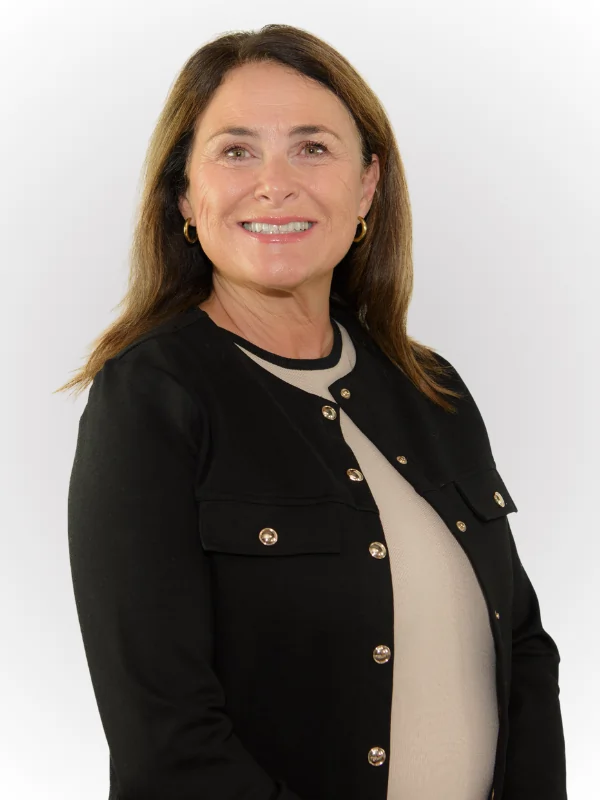The sexual violence awareness campaign, Always Here, has been launched to provide survivors in Ireland with information on supports, safety planning, and available services.

Two lawyers have been accused of using a paralegal to friend a litigant and access non-public Facebook pages, and the New Jersey Supreme Court in USA has ruled in a decision on the power of the Office of Attorney Ethics. Ethical regulators may subsequently pursue a case against these two lawyers.
Even though the secretary of a local district ethics committee refused to docket the matter, the Supreme Court ruled that the ethics office could investigate the grievance.
The lawyers in question, John Robertelli and Gabriel Adamo are accused of using the paralegal to obtain private Facebook information about a plaintiff in a personal injury case. The plaintiff had been injured after being struck by a police car; and Robertelli and Adamo were representing the governmental body that was being sued.
The paralegal in question allegedly obtained access to the plaintiff’s Facebook account (as the plaintiff had changed the privacy setting on their account) by friending the plaintiff. She did use her real name but did not disclose who she worked for – Rivkin Rader Law firm in Hackensack. The litigant learned that his private Facebook information had been accessed after the lawyers sought to add the paralegal as a trial witness and disclosed Facebook printouts.
The secretary of the local ethics committee refused to docket a grievance lodged by the litigant, because she believed the allegations, if proven, didn’t constitute unethical conduct. However, the director of the Office of Attorney Ethics nonetheless filed a complaint against the lawyers, who said in their answer they were unfamiliar with the privacy settings on Facebook. They did however acknowledge that they asked the paralegal to monitor the Facebook page but have denied asking the paralegal to ‘friend’ the litigant. They claimed that they thought the friend request was an automatic process.
The New Jersey Supreme Court allowed the ethics case to proceed and noted that the matter presents a novel ethics issue that hasn’t been the subject of any reported case law in New Jersey.
A lawyer representing Robertelli and Adamo, told the Wall Street Journal that the opinion highlights a lack of ‘playbook or precedent for how these attorneys should have dealt with the circumstances they were confronted with in 2008.
He also notes that a hearing on the merits of the ethics complaint has not yet been held.

Head of Client Services
F: 1800-844-104
E: [email protected]
”At Coleman Legal, excellence in customer care is paramount. We aim to meet both prospective and existing clients’ needs professionally and in a friendly manner with a clear objective of giving quality legal advice and reaching a positive outcome.”